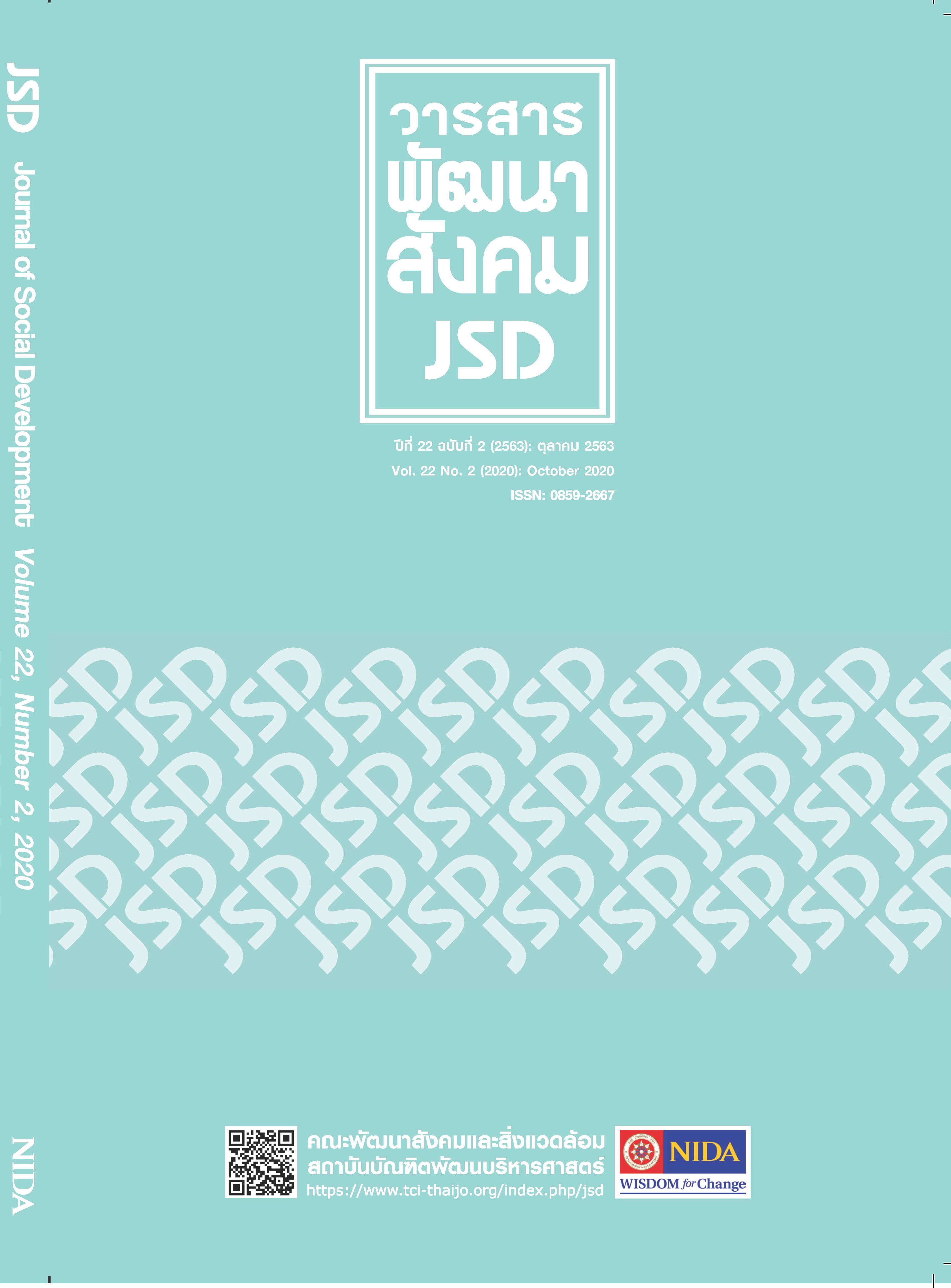The Self-Identity Construction of Female Housekeepers: A Case study of a Housekeeper in one of the University in Surat Thani Province.
Main Article Content
Abstract
Article Details
References
Autthakorn, S. (1995). Desired characteristics of hotel housekeepers (In Thai). Master’s thesis, King Mongkut's Institute of Technology Ladkrabang.
Chanruk, S. (n.d). evaluation-model for CIPP Model. Retrieved form https://www.gotoknow.org/posts/453748.
Jungpong, S. (2006). Private company employee's views on office maid (In Thai). Independent Study of master’s degree Program in Labor and Welfare Development. Faculty of Social Administration.
Nakajud, A. (1975). The role of housewives in economic and social development (In Thai). Bangkok: n.d.
National Statistical Office. (2012). Occupation of the population (In ThaiX. Retrieved form http: https://bit.ly/3g4JYRg
Sangkeaw, O. (2003). Establishing the identity of an office maid (In Thai). Personal to research project.
Sinngam, Y. (2016). Occupations on Thai social (In Thai). Retrieved form http://www.vcharkarn.com/blog/64074.
Somsawad, W. (2006). Attharot feminism (In Thai). Changmai: Nida Press.
Sutthiporn, K. (2010). Erving Goffman: The Presentation of self in everyday life (In Thai). Retrieved form http://tpir53.blogspot.com/2010/12/erving-goffman-presentation-of-self.html
The Royal Institute, the Royal Academy. (2011). Royal Institute Dictionary 1999 (In Thai). Bangkok: nanmeebooks Publisher.
Wikipedia. (2016). Occupations is mean. Retrieved form http://th.wikipedia.org/wiki-254/338/.html


